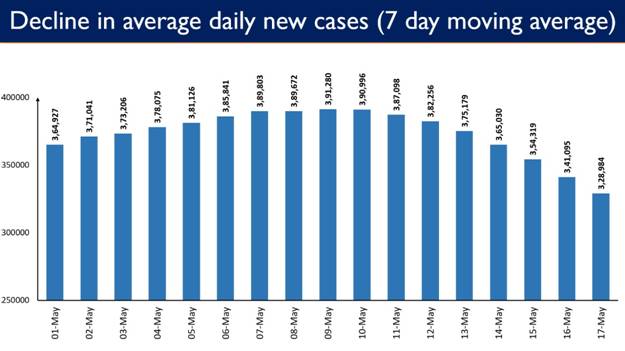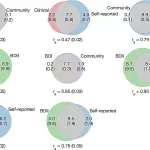BOSTON, MA – A new study published in JAMA Network Open reveals a significant link between frequent social media use and increased irritability in US adults. Researchers found a clear dose-response relationship, with more frequent use and posting associated with higher levels of irritability.
The study, conducted between November 2023 and January 2024, surveyed 42,597 adults across all 50 US states and the District of Columbia. Participants self-reported their usage and posting frequency on platforms like Instagram, X (formerly Twitter), Facebook, and TikTok, as well as their irritability levels over the past two weeks using the Brief Irritability Test.
Key findings include:
- 78.2% of respondents reported daily social media use, with nearly 25% using it “most of the day.”
- Frequent social media use was significantly associated with higher irritability scores, particularly for those using it more than once a day or “most of the day.” Those using it “most of the day” showed a significantly higher increase in irritability (1.55 points on the test) compared to those who never used social media.
- Increased irritability was observed across multiple platforms, including X, TikTok, Instagram, and Facebook, especially among those using them for extended periods.
- The link between social media use and irritability remained even after accounting for factors like depression and anxiety.
- Frequent engagement in political discussions on social media was linked to increased irritability, while simply following political news was associated with a slight decrease.
“Irritability is often considered a byproduct of other negative emotions like depression or anxiety,” explained lead author Dr. Roy H. Perlis of the Center for Quantitative Health at Massachusetts General Hospital. “However, when it co-occurs with depression, it can lead to greater functional impairment, poorer treatment outcomes, and even suicidal thoughts. It also impacts social function, employment, and risk for violence. Therefore, the possibility that social media contributes to irritability is a serious concern.”
The researchers emphasize the importance of these findings, noting that the association between social media use and irritability is “of more than academic interest.”
The study had some limitations. Its cross-sectional design prevents establishing a causal link between social media use and irritability. The study also did not analyze specific social media content, limiting insights into how different types of content might influence irritability. Additionally, reliance on self-reported data could introduce recall bias.
The research was supported in part by the National Science Foundation and the National Institutes of Health. Several authors disclosed potential conflicts of interest, including receiving personal fees and/or grants outside the submitted work.











